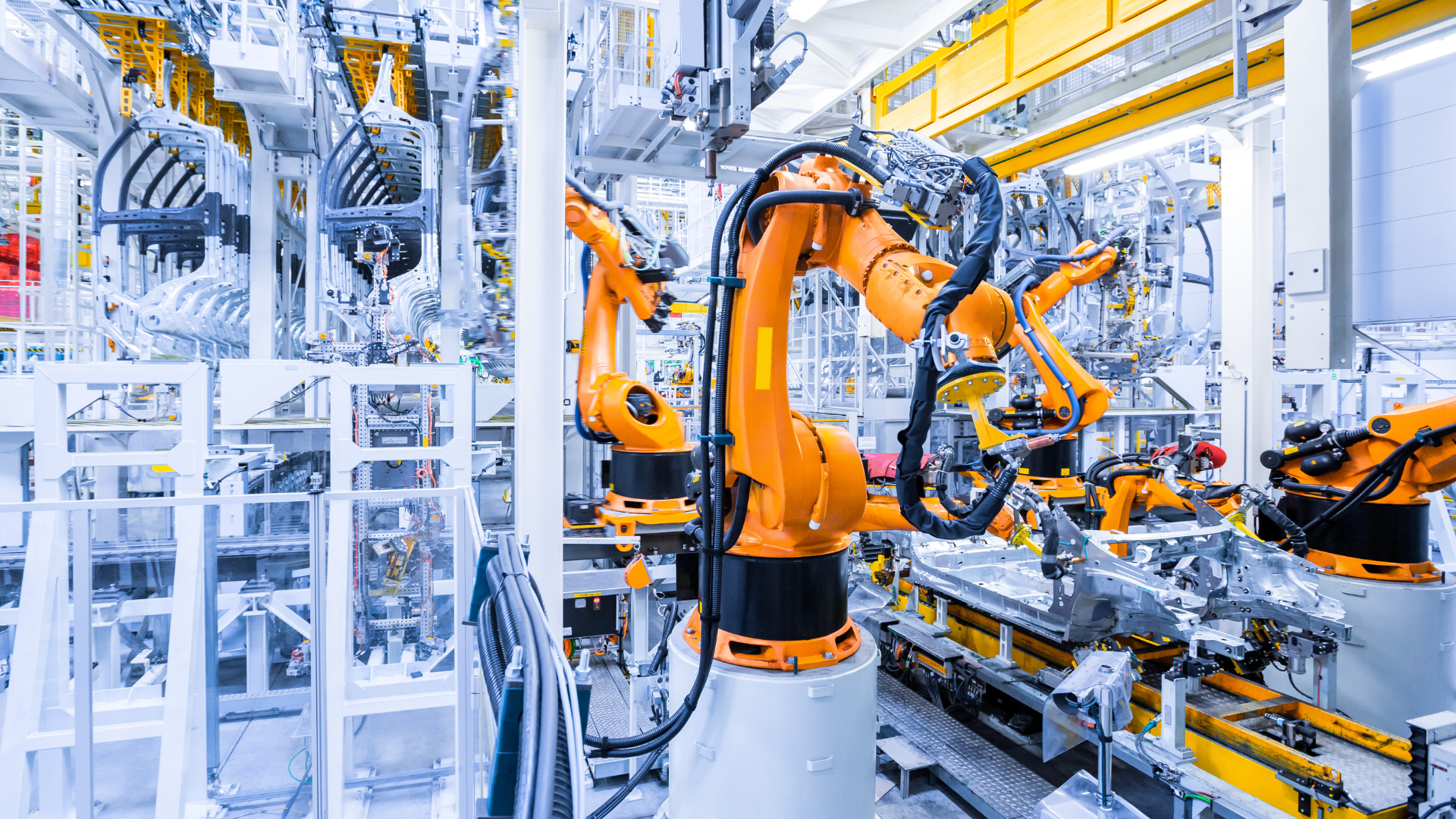In today’s competitive landscape, manufacturing systems increasingly rely on innovative technologies to stay ahead. Machine learning significantly enhances production quality by enabling real-time analysis and predictive maintenance, which reduces errors and optimises processes. This technological shift not only streamlines quality control but also empowers organisations to anticipate issues before they escalate.
Artificial intelligence plays a crucial role in this transformation, allowing manufacturers to adapt quickly to changing demands and improve their operational efficiency. By implementing machine learning algorithms, businesses can analyse vast amounts of data to identify patterns and insights that human oversight might miss. This proactive approach leads to higher standards in quality assurance and ultimately delivers better products to the market.
As manufacturing becomes more data-driven, the same analytical mindset is shaping how companies approach outreach, visibility, and client acquisition. Modern platforms now support manufacturers by refining their online presence, improving discovery, and connecting them with audiences that match their capabilities. If needed, one can Visit the site to explore how such digital tools might streamline these steps. In the end, aligning advanced production methods with smarter growth strategies helps manufacturers move forward with clarity and confidence.
Integrating machine learning into production processes will be essential for maintaining a competitive edge as industries continue to evolve. Embracing these advanced techniques equips companies to enhance their output quality while minimising waste and maximising productivity.
Fundamentals of Machine Learning in Production
Machine learning is pivotal in enhancing production quality through various techniques and algorithms. Understanding the core concepts and industry applications is essential for leveraging these technologies effectively.
Key Concepts and Algorithms
Machine learning encompasses a range of algorithms designed to analyse data and make predictions. Key concepts include supervised machine learning, where the model learns from labeled data, and unsupervised learning, which focuses on identifying patterns in unlabelled data.
Classification algorithms, such as decision trees and k-nearest neighbours (KNN), are vital for categorising data into distinct classes. Deep learning techniques, including artificial neural networks (ANNs) and convolutional neural networks (CNNs), enable more complex data processing, especially for image and speech recognition tasks.
Predictive analytics is a significant application of machine learning, allowing industries to forecast trends and improve decision-making. Employing tools in Python facilitates the implementation of these algorithms, making them accessible to many professionals.
Machine Learning Algorithms at Work in Industry 4.0
In the era of Industry 4.0, machine learning algorithms are integral to optimising production processes. For instance, predictive maintenance uses machine learning to anticipate equipment failures before they occur, significantly reducing downtime. Reinforcement learning enhances systems through trial and error, allowing for real-time adjustments to improve operations. By employing algorithms, manufacturers can analyse vast amounts of data quickly, leading to smarter production strategies.
Applications in quality control leverage computer vision, where CNNs assess product quality by inspecting images. These algorithms not only increase efficiency but also maintain high standards of product quality throughout the production cycle. Through these various applications, machine learning contributes to streamlined operations, reduced waste, and improved production outcomes in modern industry settings.
Quality Enhancement Mechanisms
Machine learning significantly contributes to enhancing quality in production processes through innovative mechanisms. Key aspects include predictive maintenance, which ensures machinery operates efficiently, and precision in real-time quality control that maintains product standards.
Predictive Maintenance and Anomaly Detection
Predictive maintenance employs machine learning to anticipate equipment failures before they occur. By analysing historical and real-time data, it identifies patterns that indicate potential issues. This allows manufacturers to schedule maintenance activities proactively, reducing downtime and minimising disruption.
Anomaly detection systems monitor production processes to spot deviations from expected performance. These systems use data analysis to identify faults early, ensuring that production quality remains high. Employing such mechanisms enhances reliability and supports decision-making by providing insights into process performance.
Precision and Real-time Quality Control
Real-time quality control leverages machine learning for immediate assessment of product quality during manufacturing. This involves automated visual inspection systems that can rapidly evaluate products, ensuring they meet predefined quality standards.
By integrating predictive quality models, manufacturers can accurately forecast quality issues before they manifest. This optimisation of quality control processes leads to improved product quality and efficiency. Implementing automation in quality assurance not only enhances accuracy but also supports safer production environments.
However, sustaining such high-performance production environments often requires high-quality machinery alongside advanced software and inspection systems. Equally important, the equipment powering these operations must be modern, well-maintained, and capable of delivering consistent performance.
And to achieve this, industrial components such as Hydraulic Motors, servo drives, and pneumatic actuators often play a critical role in driving machinery used in modern automated production lines.
Integrating Machine Learning with Manufacturing Systems
Integrating machine learning into manufacturing systems involves leveraging data and advanced technology to enhance operational efficiency and product quality. For instance, reputed firms in the Greenville Manufacturing sector (and others) have implemented advanced automation technologies, including robotic welding, as part of their efforts to integrate machine learning into manufacturing operations. As machine learning models continue to evolve, their role in adaptive quality control and autonomous decision-making is expected to grow significantly.
The following sections highlight the significance of data and the necessary infrastructure for a successful integration process.
The Role of Data in Smart Manufacturing
Data serves as the backbone of smart manufacturing. In a connected environment, IoT devices collect vast amounts of data from machinery and production lines. This data is crucial for training machine learning models that can predict equipment failures, optimise production planning, and improve quality standards.
Data sources include machinery sensors, production logs, and customer feedback. Data processing techniques ensure that this information is usable, allowing companies to make informed decisions. Utilising transfer learning can significantly enhance model training efficiency, enabling firms to adapt pre-trained models to their specific applications. The integration of data analytics promotes continuous improvement and allows for better traceability in production, ensuring compliance with industry regulations while meeting customer requirements.
Technology and Infrastructure for Integration
Successful integration of machine learning into manufacturing systems requires robust technology and an adaptable infrastructure. Cyber-physical systems connect physical processes with digital controls, facilitating real-time data analysis and decision-making. Automation plays a key role here, enabling the seamless flow of information across the production line. This reduces the need for manual oversight, enhancing resilience and operational efficiency.
Organisations must invest in smart factory technologies that accommodate the latest advancements. Cloud computing solutions and edge devices provide the necessary data processing capabilities to support machine learning applications. This technological shift not only accelerates digital transformation but also positions companies to better respond to dynamic market demands and maintain a competitive edge in the manufacturing industry.








